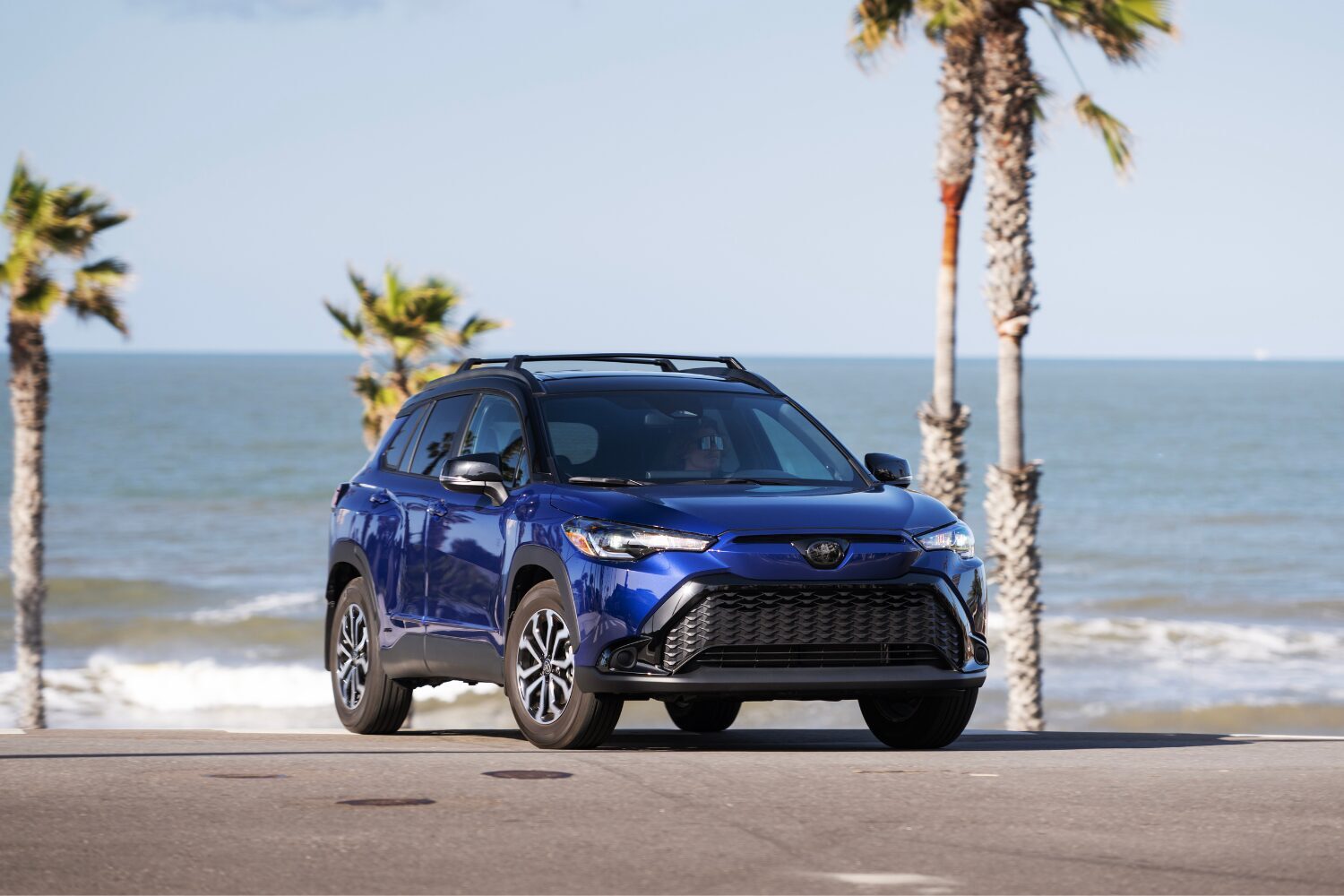
Price: $28,220 - $31,405
7.7 /10
Rating
Pros
- Strong hybrid fuel efficiency
- Standard advanced safety features
- Spacious and practical cabin design
Cons
- Some hard-touch interior materials
- Modest acceleration performance
- Higher price than gas models
Overview: 2024 Toyota Corolla Cross Hybrid
Effortlessly blending versatility and efficiency, this compact crossover elevates its game with a 2.0-liter hybrid powertrain that touts a combined 42 mpg—considerably higher than its non-hybrid sibling and rivals like the Hyundai Kona or Mazda CX-30. While its 169-horsepower output won’t thrill enthusiast drivers, the smooth, on-road demeanor and real-world practicality shine, offering available all-wheel drive, a medium-high seating position, and attractive interior design that avoids feeling spartan. The latest safety features come standard, including driver assistance tech, while an 8-inch infotainment screen (finally!) modernizes the cabin—though acceleration remains respectable, not exciting. With cargo room rivaling compact SUVs and three drive modes to balance electric and gas inputs, this value-oriented hybrid proves Toyota hasn’t sacrificed dynamic sensibility for fuel efficiency, even if off-road aspirations stay dusty—something similarly seen in the Toyota Venza and the family-friendly Toyota Sienna.
What's New in the 2024 Toyota Corolla Cross Hybrid?
Refreshingly, the 2024 Corolla Cross stays largely unchanged from its first hybrid debut in 2023—no bad thing, given its sharp model DNA. Tweaks are minimal: wireless smartphone charging pads now grace SE and XSE trims, while charging tech continues as a part of its generation-defining practicality. Structurally unchanged since its introduction of cross-platform in 2022, Toyota prioritizes polish over reinvention here—smart for buyers craving familiarity.
Competitors to consider
Navigating the compact hybrid market, this model faces savvy choices like the Kia Sportage Hybrid—larger and tech-forward—and the Honda CR-V Hybrid, which edges ahead in fuel economy but sacrifices nimbleness. For gas-powered SUVs, the Honda HR-V charms with size-matched practicality, while the Kia Niro Hybrid undercuts pricing with quirky style. Though the Corolla Cross Hybrid lacks the Expert Rating dominance of class leaders, its balanced details—hybrid thrift, compact agility, and Toyota’s bulletproof rep—make it a shrewd pick for considerations beyond raw specs, much like the Toyota Tundra Platinum does in the full-size truck category with its refined strength and upscale appeal.
Pricing, Trim Levels, and Best Choice
Are you navigating the hybrid crossover market? The base LE trim begins at $29,320, while the top-tier XSE climbs to $32,505. The SE strikes a sweet balance, slotting between thrifty practicality and premium touches like heated seats and a leather-wrapped steering wheel. Toyota’s mission is to combine efficiency with accessible luxury. The hybrid powertrain seamlessly pairs with all-wheel drive, while trim-specific tweaks such as tinted, faux leather upholstery and paddle shifters add to the overall experience. Standard amenities include blind-spot monitoring and a responsive touch-centric radio; materials can feel passable (expect some rattled plastics). The quality is solid, with tight panel gaps and a power-adjusted driver’s seat.
$27,477
$28,763
$29,663
$30,578
Powertrain, Transmission, and Driving Dynamics
Seamlessly blending efficiency with everyday usability, this model pairs a 2.0-liter four-cylinder engine with three electric motors, delivering a combined 196 horsepower through its standard all-wheel drive. While the 0 to 60 mph sprint in 7.9 seconds feels pokey next to rivals like the Hyundai Tucson (7.3 seconds), it substantially outpaces the gas model’s 9.2 to 9.6-second struggles—proof that hybrid tech adds pep without letting efficiency slip. Toyota prioritizes efficiency over sportiness, but the hybrid’s instant electric torque delivers a surprisingly quick launch. The suspension tune leans soft for daily driving comfort, but enthusiasts might find its power delivery too lazy when trying to pull away briskly or chase GR Corolla-grade driving fun at the wheel. Still, it balances competence and polish, even if it won’t leave you crushed by adrenaline.
Fuel Efficiency and Driving Range
Fuel efficiency takes center stage here, proving it’s more than just a buzzword—it’s a real-world advantage. With an EPA rating of 42 mpg city and 38 highway (45 combined), this hybrid outshines its nonhybrid sibling’s 30 mpg combined, delivering 15% better economy while feeling more powerful. Real-world testing proves its grit: on a 75-mph highway route, the Cross recorded 36 mpg, edging closer to compact hybrids like the Prius. Even during a 12-mile mixed test loop with all-wheel drive engaged, it maintained a genuine fuel-sipper reputation. The powertrain’s secret? A combination of responsive electric assist and a gruff-free drive that avoids the lethargy of some hybrid rivals. For detailed information, visit Toyota’s website—but trust that this car turns mundane commutes into delightful surprises.
Premium Interior and Comfort
Impressively, the cabin balances practical simplicity with surprising refinement, offering spacious legroom upfront and a rear seat that absorbs bumps without feeling floaty on highway cruising. Seats blend soft cushioning and reclining seatbacks for comfortable long hauls, though the layout feels simple compared to class rivals—think easy-to-use 8-inch touchscreen but no ventilated chairs. Toyota’s air conditioning conquers hot days, while soundproofing quiets road noise; only accelerating reveals mild engine vibration. The interior’s greatest upside? A taller ride height that enhances visibility without trouble in the tightest spaces—ideal for the daily grind, even if undulations occasionally highlight its soft suspension.
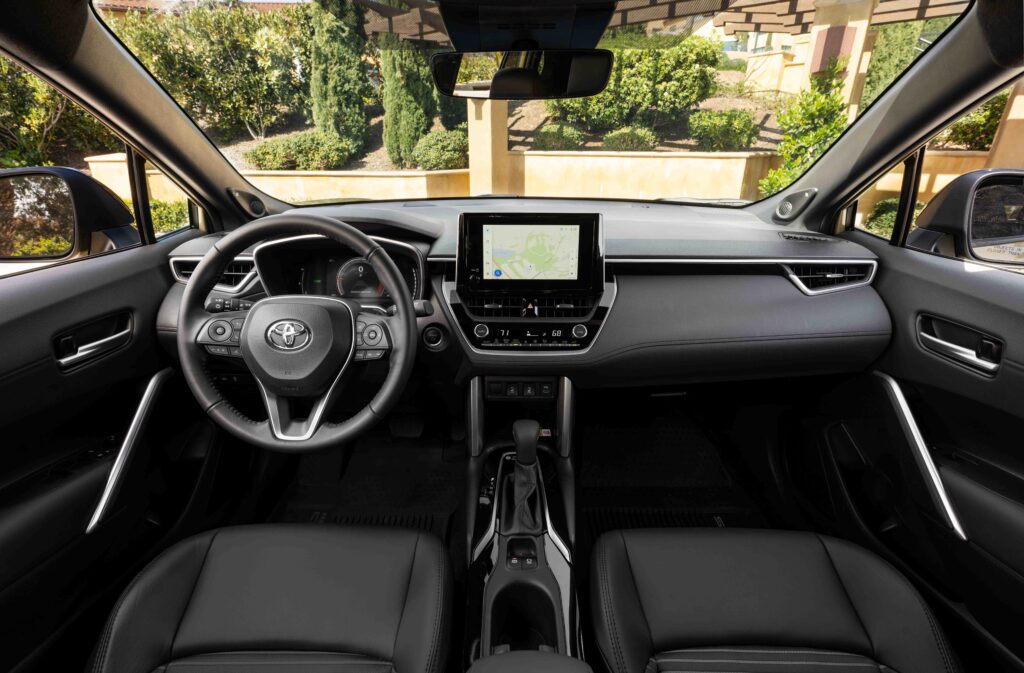
Cargo Space and Practicality
Smartly, this hybrid packs 21.5 cubic feet behind its rear seats—slightly less than regular gas models but generous for hybrid SUVs in its size class, swallowing grocery hauls or large suitcases with easy access via a wide opening. Clever storage solutions shine: deep door bins stash water bottles, the center console hides a phone-sized stash spot, and seatback anchor points secure child seats without installing drama. While max cargo jumps to 25 cubic feet with seats folded (shy of top rivals), practical touches like marked tethers and a flat floor simplify loading. Front legroom stays decent, though narrower door pockets handicap bulkier items—trade-offs forgiven when daily runs feel this wallet-friendly.
Infotainment, Connectivity, and Smart Tech
Glide into the future with an infotainment suite anchored by an 8.0-inch display, housed in a dashboard that’s equal parts sleek and functional. Wireless Apple CarPlay and Android Auto come standard, blending clarity with intuitive software—though the interface occasionally feels square compared to rivals. Opt for the JBL stereo, and punchy bass elevates audio clarity, whether you’re streaming satellite radio or navigating rush-hour traffic via Toyota’s navigation. Rear-seat USB charging ports and a wireless front charging pad conserve cabin chaos, while driver assistance systems like adaptive cruise control and lane-keeping alarms operate effectively in testing, maintaining a safe distance without false interruptions. It’s not perfect—the onboard systems lack the integration polish of luxury brands—but for daily commutes or weekend escapes, this Cross proves tech shouldn’t feel like a radio static headache.
Safety and Driving Support
Reassurance takes the wheel here, where its advanced safety suite—loaded with pre-collision pedestrian detection, lane-departure warning, and adaptive cruise—shines.The National Highway Traffic Safety Administration (NHTSA) and Insurance Institute for Highway Safety (IIHS) award stellar crash-test results, praising automated emergency braking and blind spot monitoring’s precision. Post-collision braking and tire pressure alarms add layers of vigilance, while the backup camera and stability control systems keep even base trims confidently planted.
Key features:
✅ Adaptive cruise pairs seamlessly with lane-departure alerts for relaxed drives.
✅ Blind Spot Monitoring and Post-collision braking tackle urban chaos.
✅ NHTSA/IIHS top marks validate Corolla Cross’s driver-assistance tech.
Toyota's Warranty and Maintenance Plan
Confidence defines the warranty package, blending standard three-year/36,000-mile bumper-to-bumper coverage with a 10-year/150,000-mile hybrid components guarantee. Rivals like the Honda CR-V Hybrid and Nissan Rogue Hybrid lag behind their 100,000-mile powertrain policies, a boon for high-mileage drivers. The complimentary 25,000-mile scheduled maintenance perk sweetens the deal, while roadside assistance adds peace of mind.
Key features:
✅ Three-year bumper-to-bumper coverage outshines many models’ limited plans.
✅ 10-year hybrid component warranty secures long-term value.
✅ Complimentary maintenance includes five services within 60,000 miles.
Toyota Corolla Cross Hybrid models
Streamlined for simplicity, the Toyota offers three trim levels: base S, mid-tier SE, and range-topping XSE. All models share a 2.0-liter four-cylinder engine paired with electric motors, producing a combined 196 horsepower through a continuously variable transmission—Toyota’s Hybrid system prioritizes efficiency without feeling underpowered. The SE and XSE add flair with larger wheels, heated seats, and upgraded features like a power liftgate, while the base S keeps drives straightforward with standard safety tech and four drive modes. Unlike gasoline versions, every Cross Hybrid includes all-wheel drive, making even the entry trim a Toyota-tough bargain for urban adventurers.
| Trim Level | Features |
|---|---|
| NX 300 |
|
| F Sport |
|
| Luxury |
|
| Available Options |
|
Comparison with Competitors
Toyota Corolla Cross vs. Honda HR-V
Stepping into the fiercely competitive subcompact SUV arena, the Cross and HR-V rival each other with comparable starting prices but diverge sharply in execution. The HR-V charms with a spacious, comfortable interior and easy-to-use controls, though its buzzy, underpowered engine unfortunately limits acceleration—a stark contrast to the Cross’s hybrid setup, which picks up speed effortlessly while delivering stellar fuel economy estimates. While both prioritize a relaxed ride, the Cross gains an edge in handling, feeling more composed when pushed. Features like standard dual-zone climate control and superior interior quality further elevate it, though the HR-V follows closely with clever cargo formatting and similar tech. Ultimately, the Cross’s hybrid efficiency and polished dynamics make it the competitive choice, but the HR-V remains a price-savvy rival for those valuing simplicity.
Toyota Corolla Cross vs. Subaru Crosstrek
Navigating the comparison between Toyota’s Cross and Subaru’s Crosstrek reveals a class divided by priorities. The Cross benefits from a hybrid engine that provides better efficiency and standard all-wheel drive, while its redesigned cabin elevates quality with spacious, thoughtful features—even on the entry-level base trim. The Crosstrek counters with a rugged guise and standard all-wheel drive, but its underpowered engine feels coarse when pushed, a downside compared to the Cross’s genteel ride. Though the Crosstrek costs less, the Toyota offers a host of available tech options and hybrid muscle, positioning it as the leader for those seeking polish over practicality. Both SUVs deliver similar versatility, but the Cross’s range of upgrades tilts the balance toward modern efficiency.
7.5 / 10
9.0 / 10
7.5 / 10
7.5 / 10
7.7 /10
Rating
Gallery:
Images sourced from Toyota Newsroom.


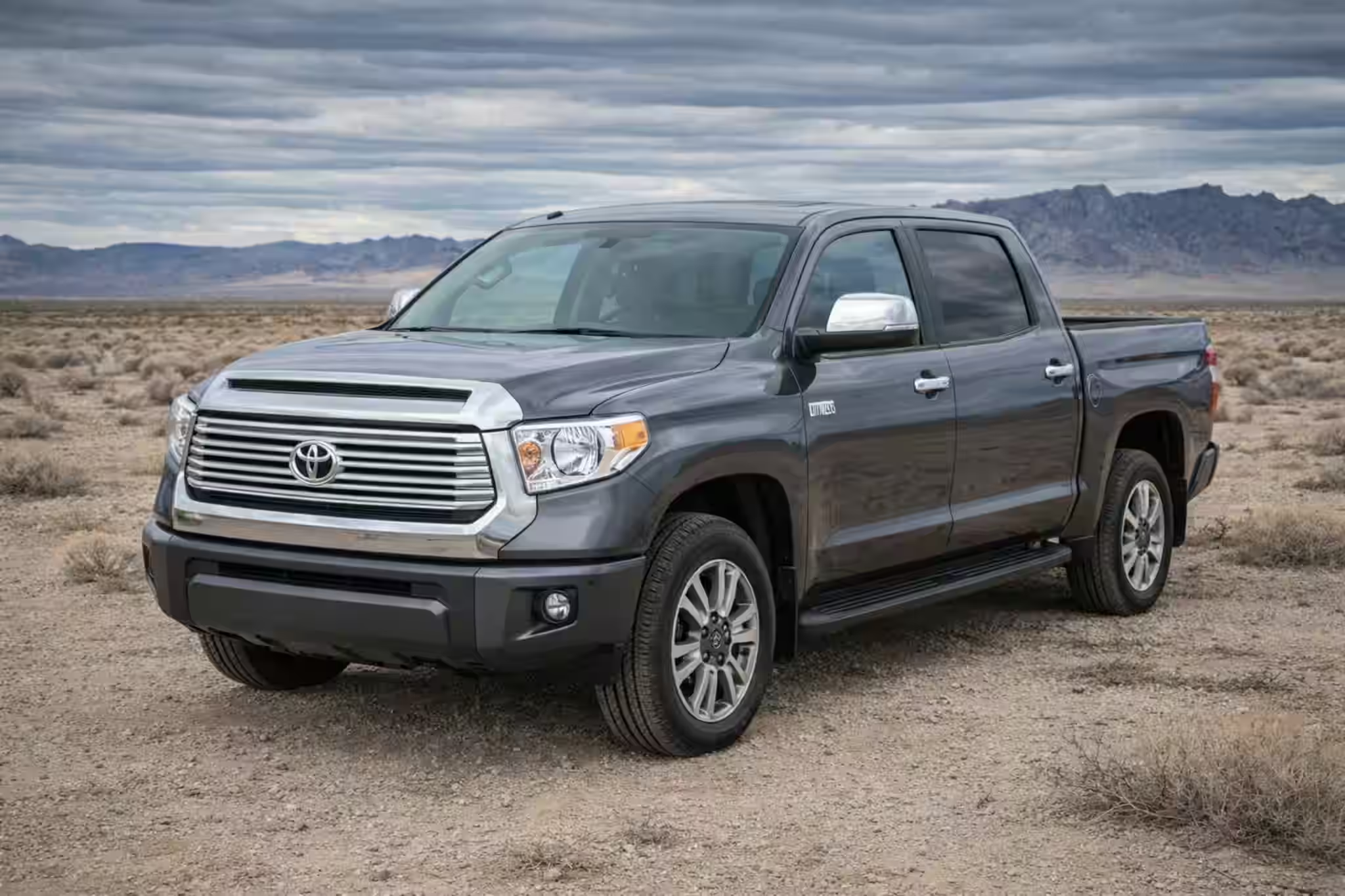
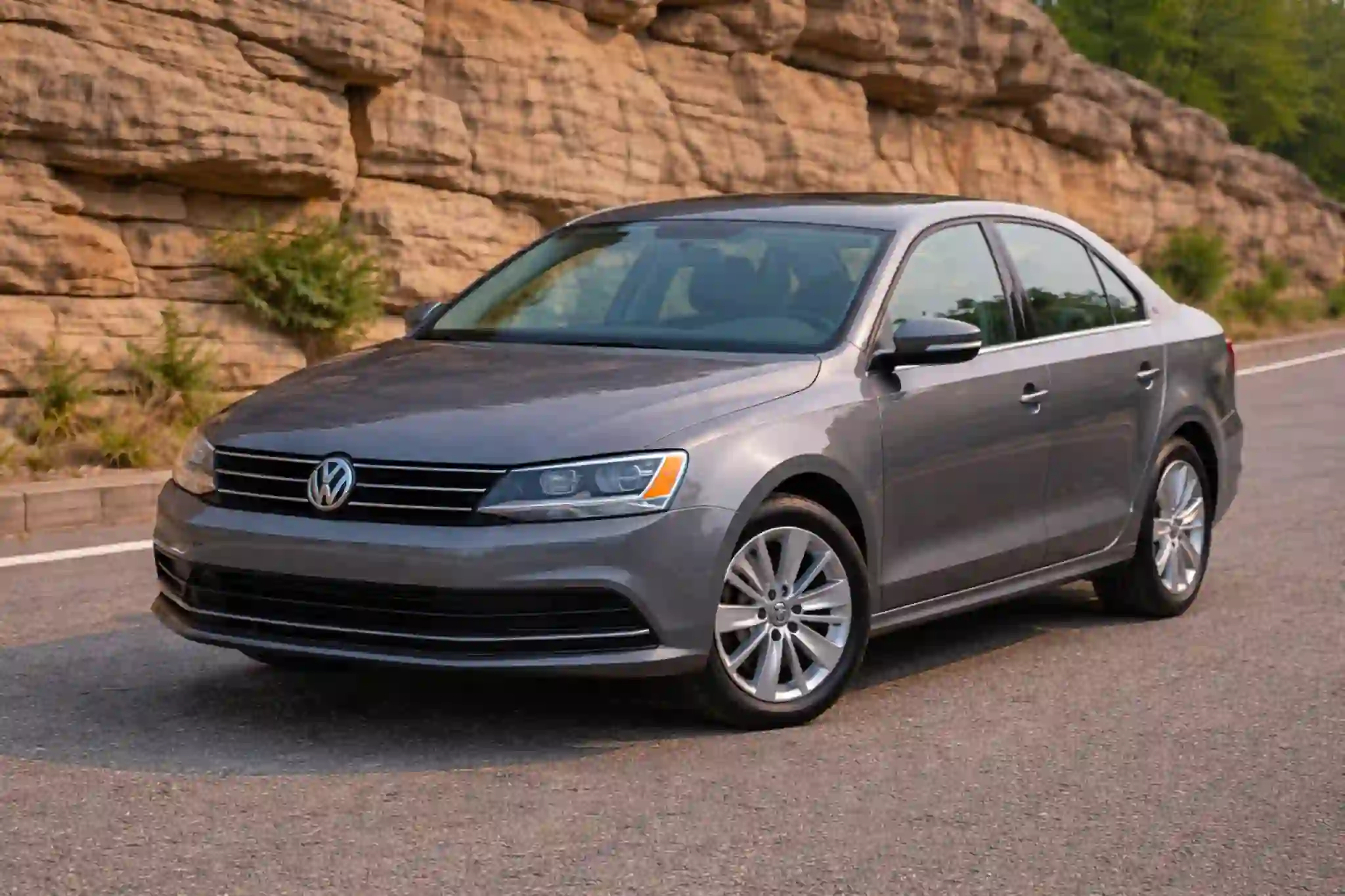
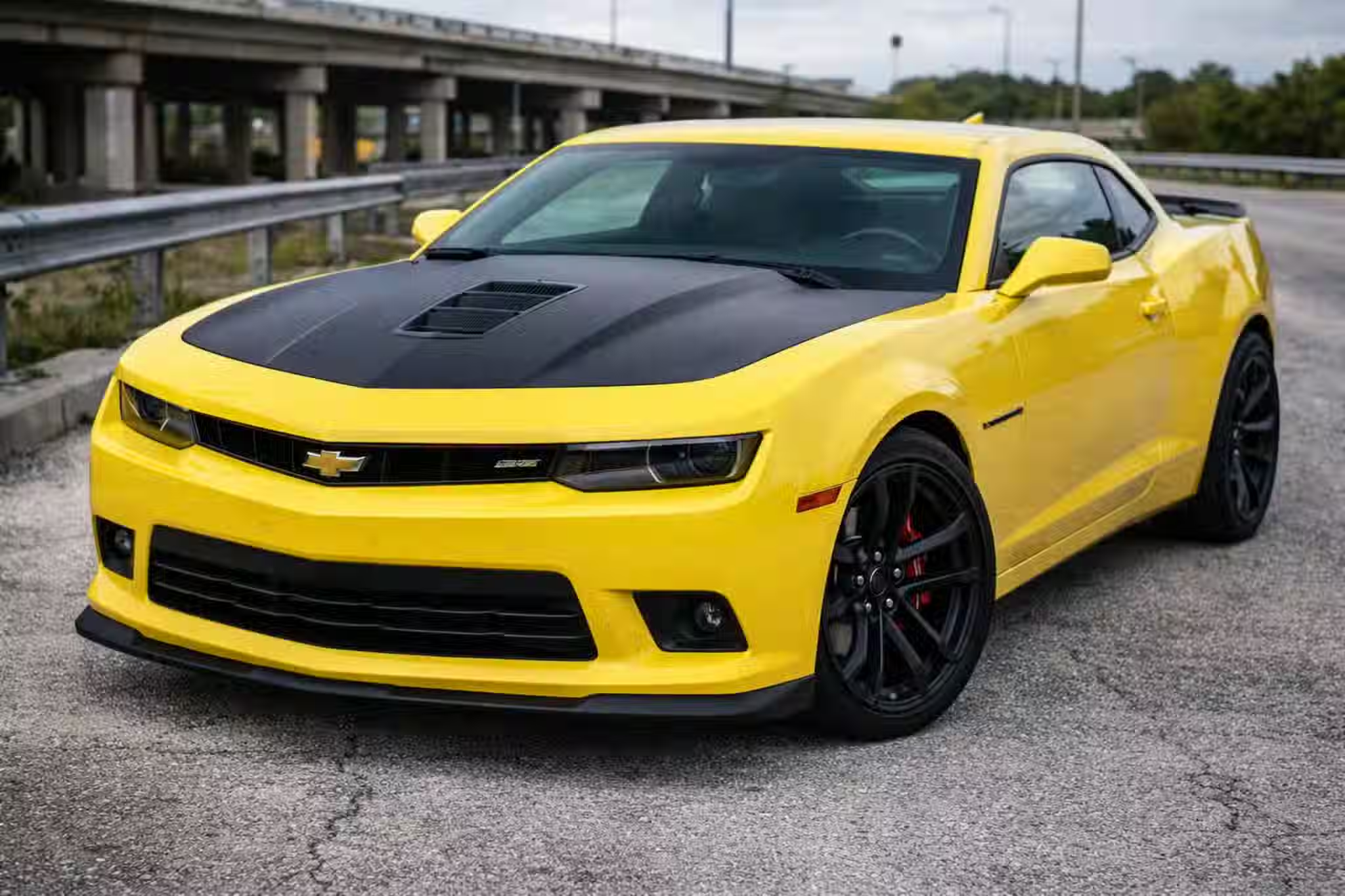
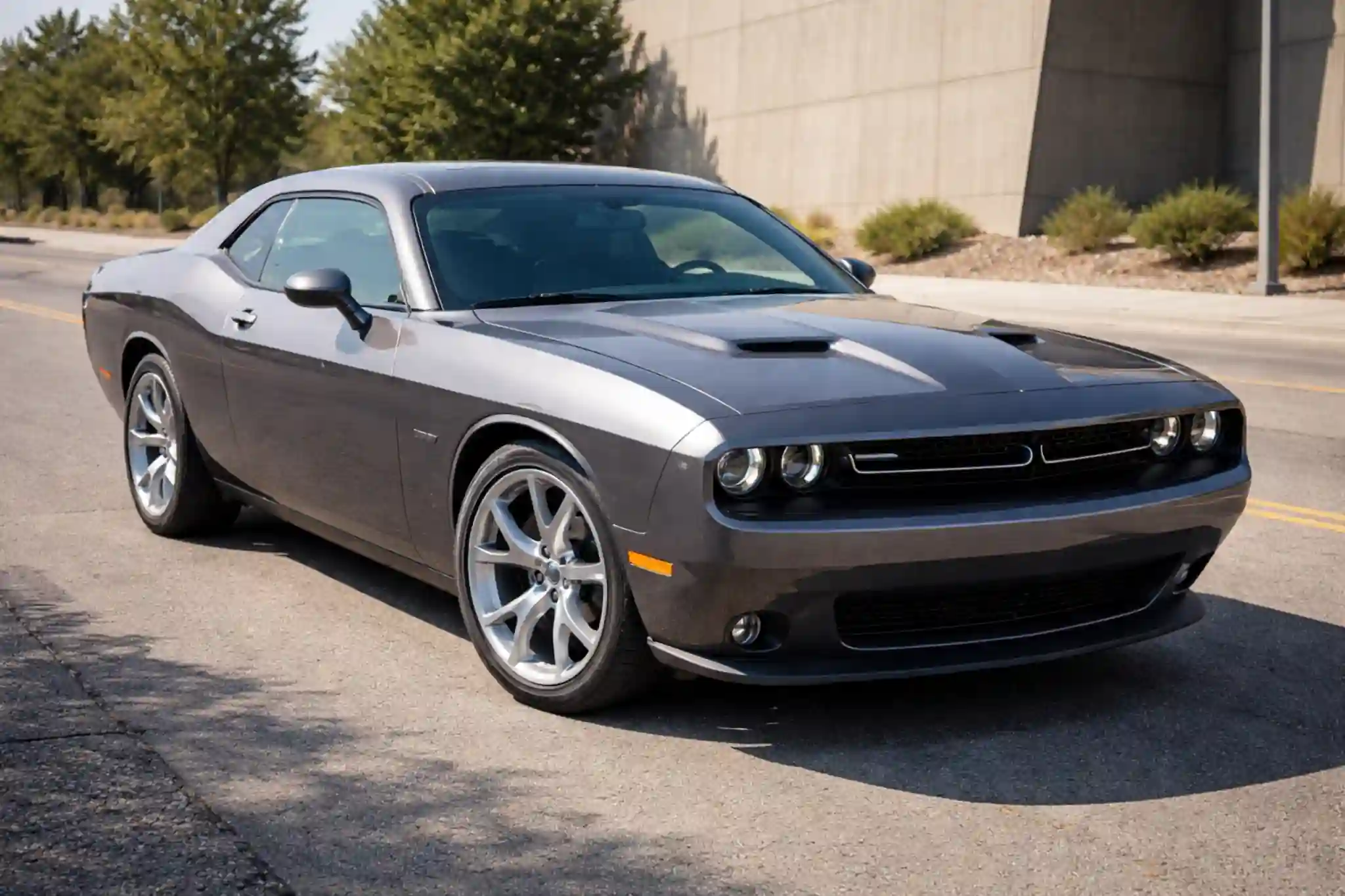
This Post Has 9 Comments
Pingback: 2024 Hyundai Venue Review: Features, Pricing & Performance
Pingback: 2024 Toyota Grand Highlander Hybrid Review: Best Family SUV?
Pingback: 2025 Honda Civic Hybrid Review: Efficiency That Excites
Pingback: 2025 Volkswagen Jetta 1.5T Sport Review & Updates
Pingback: 2022 Toyota Venza Review: Tech-Rich & Fuel Wise
Pingback: 2023 Toyota Venza Nightshade Review: Sleek Hybrid SUV Tested
Pingback: 2024 Hyundai Elantra N Line Review: Fun Meets Function
Pingback: 2022 VW Jetta SEL review: Easy on gas easy to love
Wow, those visuals really complement your writing
perfectly! 🖼️ I appreciate how you’ve used imagery
to illustrate your points so effectively.